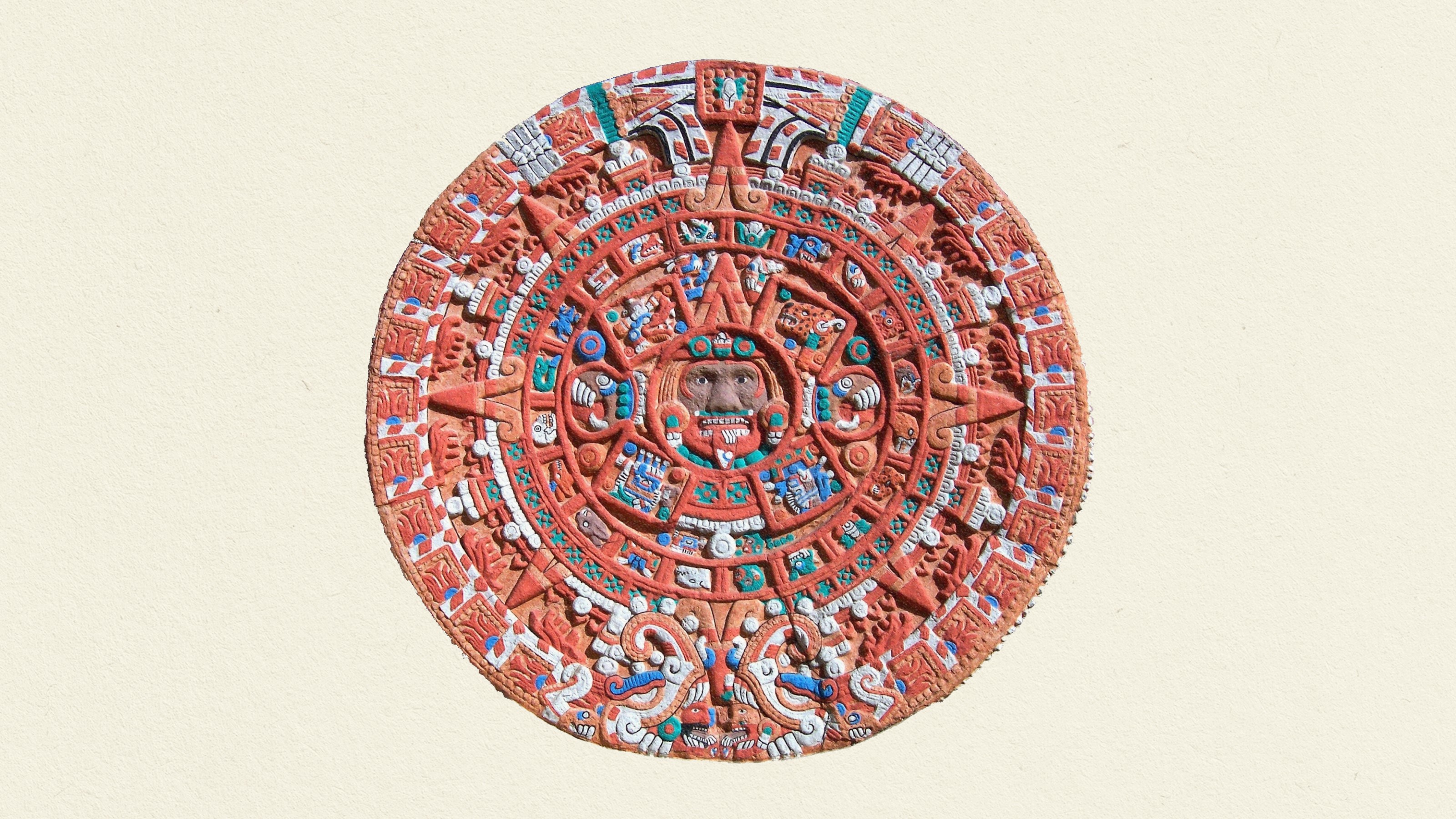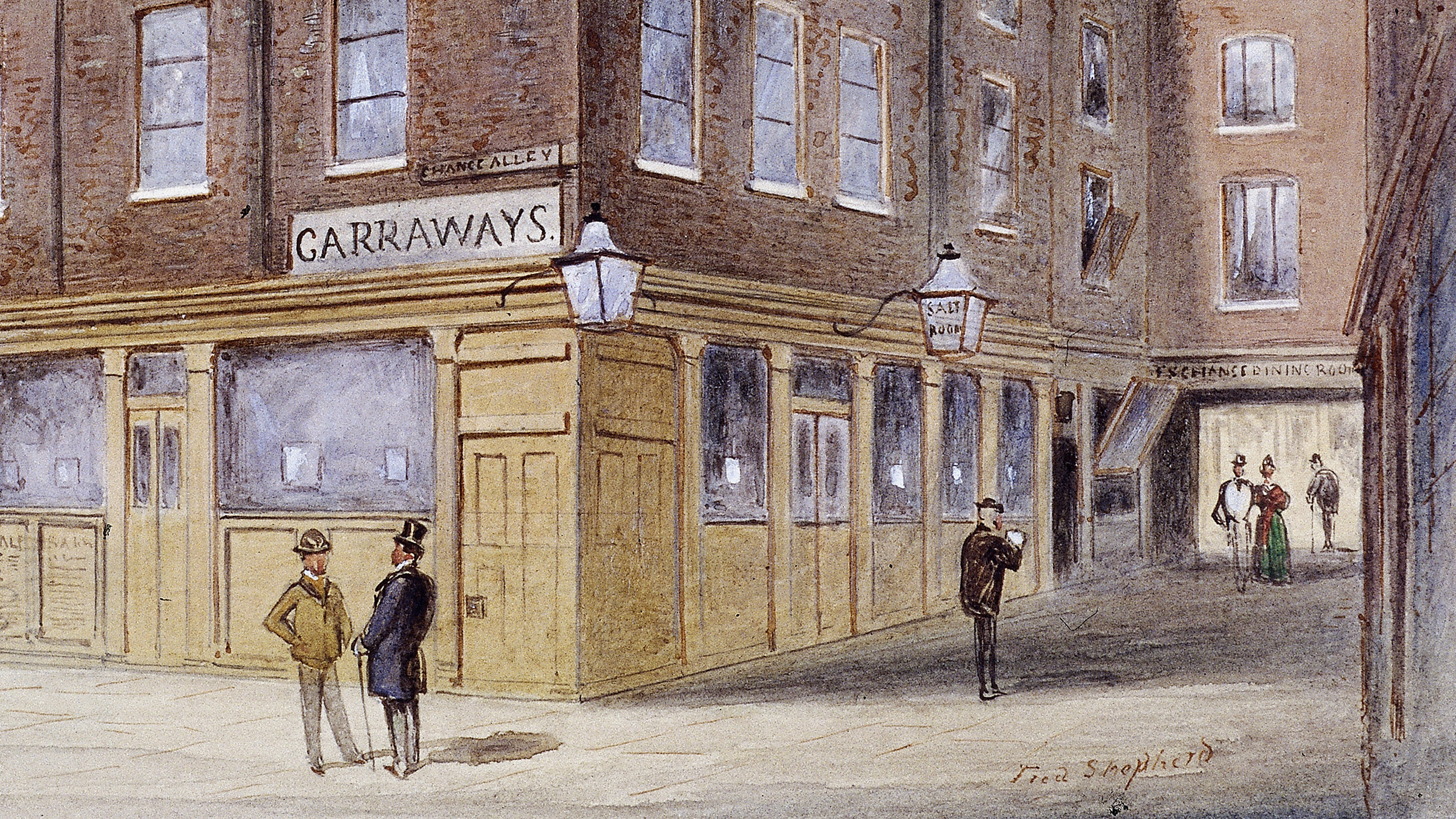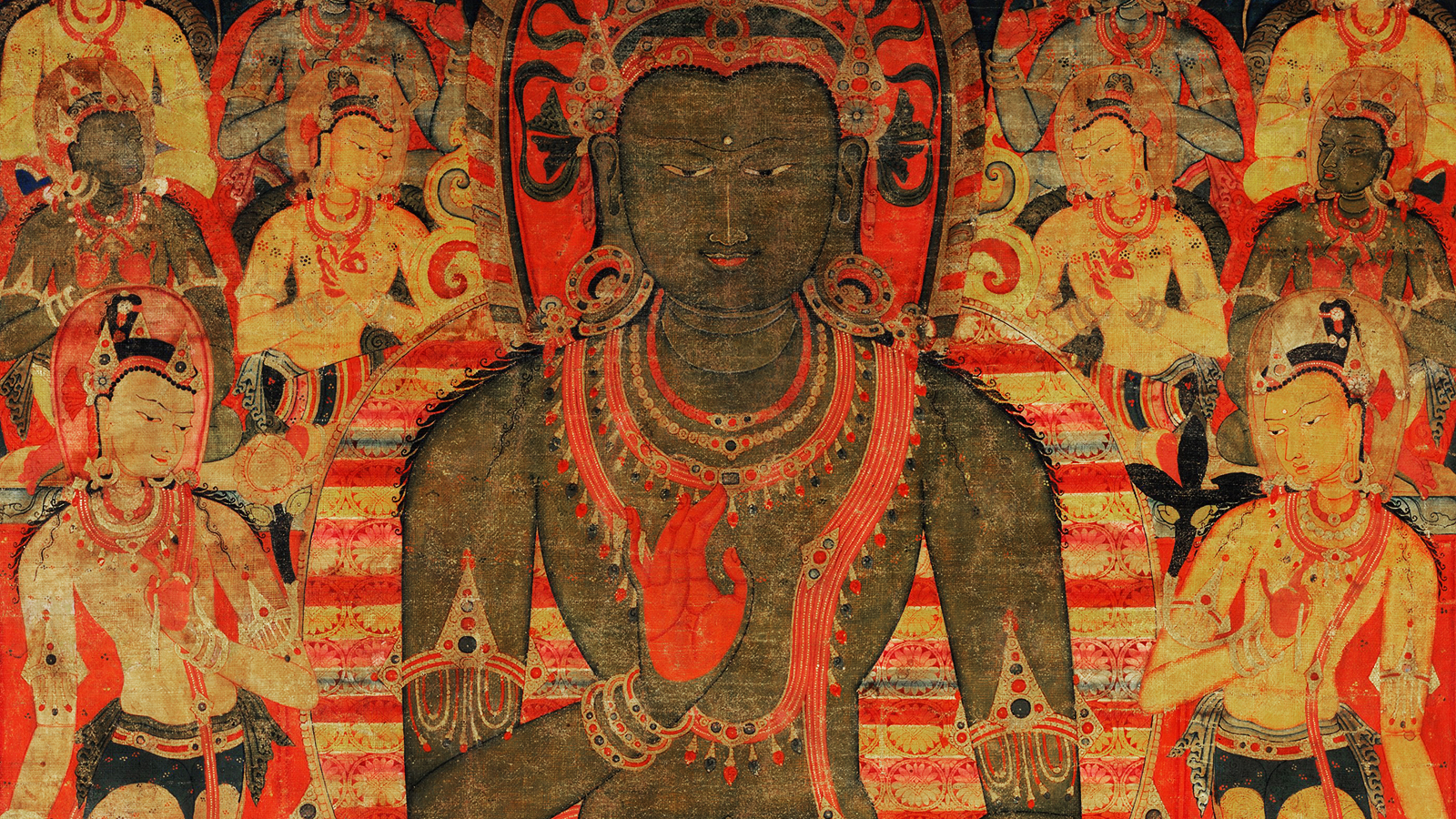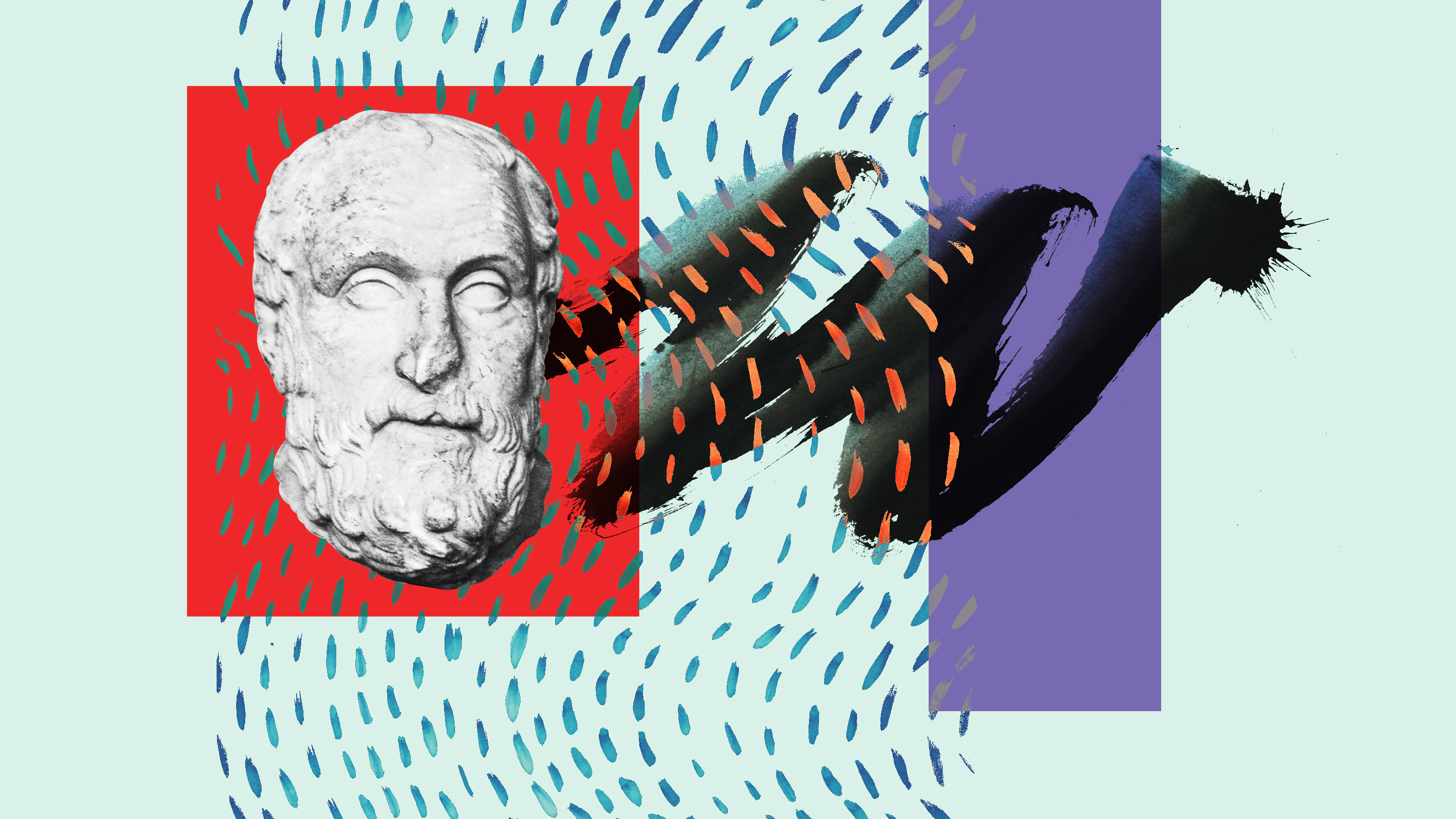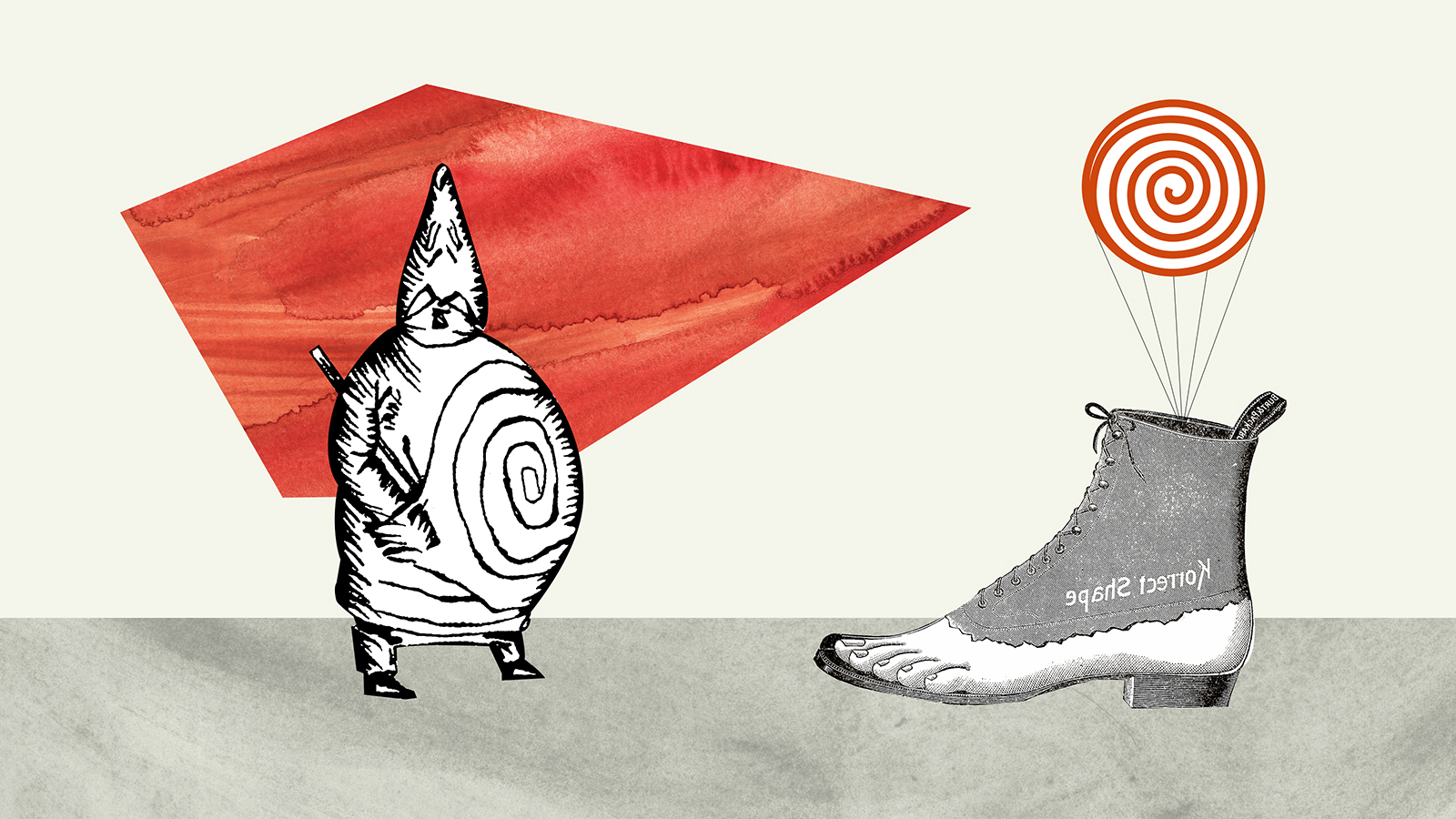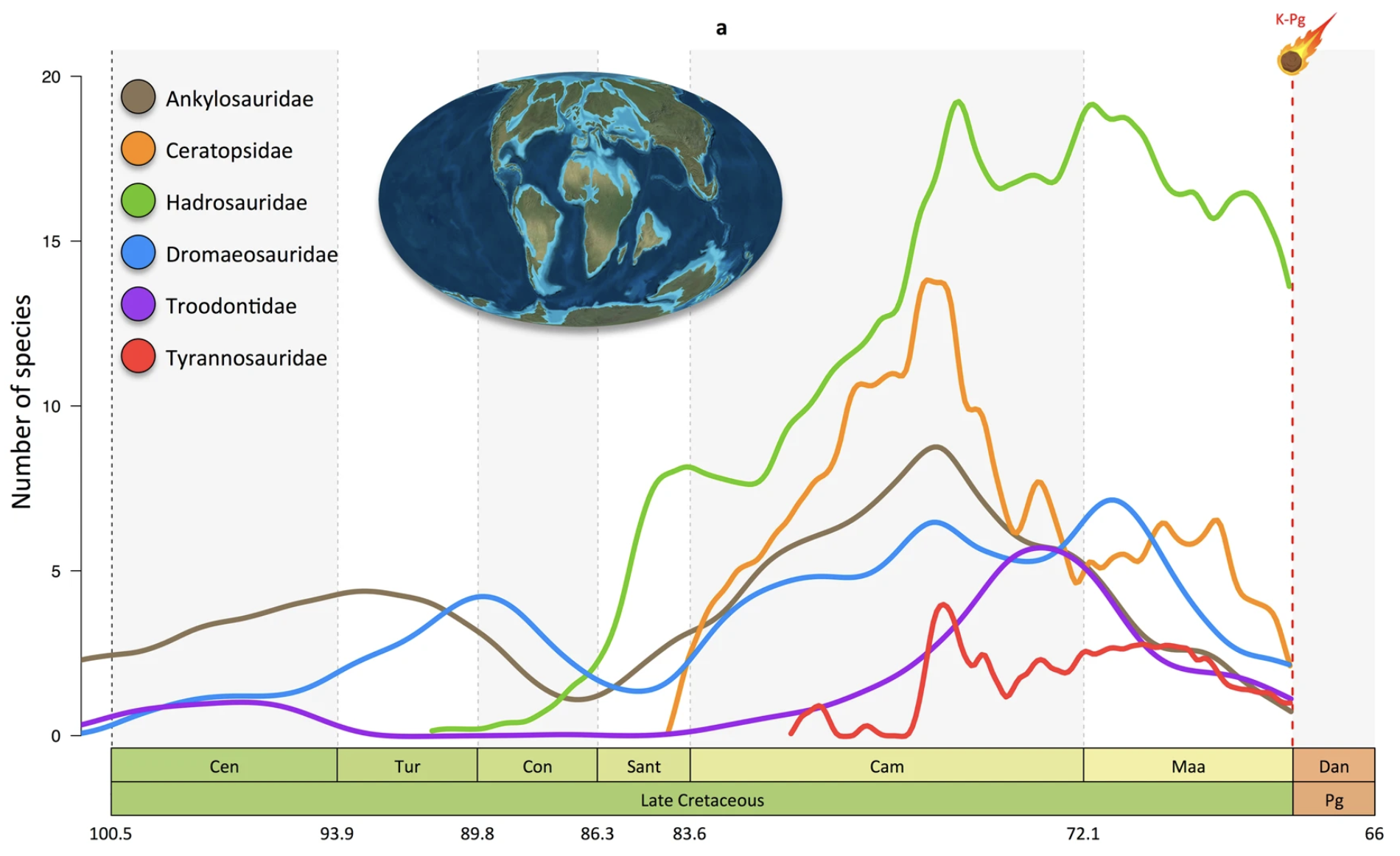Jonny Thomson
Jonny Thomson taught philosophy in Oxford for more than a decade before turning to writing full-time. He’s a staff writer at Big Think, where he writes about philosophy, theology, psychology, and occasionally other subjects when he dares step out of his lane. His first book, Mini Philosophy, is an award-winning, international bestseller, and has been translated into 20 languages. His second book, Mini Big Ideas, was published in 2023.

"I thought strangers knew who I was and were whispering about me as I walked by."
Stoicism is popular today but often misunderstood and misapplied. In fact, a naive interpretation of Stoicism is damaging to your well-being.
The carnival spirit was in full swing when the priests got wasted and made indecent gestures while dressed like pimps.
No, Gandhi did not single-handedly bring about Indian independence. Pacifism alone usually gets you killed.
Debate is a verbal sport with winners and losers. As such, it is less about the truth and more about who looks and sounds the best.
From smartphone envy to life dissatisfaction, the root cause of much unhappiness is that we are wired to imagine how things could be better.
When you do something with all your heart and mind, you do it with "meraki." When we lack this feeling, it can lead to burnout.
Who — or what — really controls your mind?
Centuries ago, the typical British coffeehouse was more like a "school without a master" than a place to grab a quick boost of caffeine.
You'll be able to sleep through a war.
The existential philosopher argued that an authentic and meaningful life is measured by choice.
Plato, Sun Tzu, and Buddha all lived in a "golden age" of philosophy that laid the foundation of modern thought.
A part of human nature needs to be challenged and feel strong. Today, we fulfill that need with "surrogate activities."
It’s the paradoxical observation that the more we try to process, the less we actually can.
In a time when we dislike and distrust our politicians, why can't we get more popular leaders like Kim Jong Un and Bashar al-Assad?
The Shirky Principle states that "institutions will try to preserve the problem to which they are the solution."
"In order to seek truth," Rene Descartes once wrote, "it is necessary once in the course of our life to doubt, as far as possible, all things."
We know that everything changes, but we long for something more permanent.
Nobody knows where the word "penguin" comes from.
What do Remus Lupin, Katniss Evergreen, William Wordsworth, and Usain Bolt all have in common?
“Whatever the mind can conceive and believe, it can achieve."
Robots must identify themselves.
The multi-leveled constructions of metaphysics are the collective workings of a fantastical virtuality. Did you get that?
Just like with AI, people worried about job security and the spread of disinformation. Machines were destroyed and book merchants were chased out of town.
Climate and ecological changes, as well as disruptions to the food chain, were already killing off the dinosaurs.
The story of China is the story of global economics.
Always look on the bright side of death.




